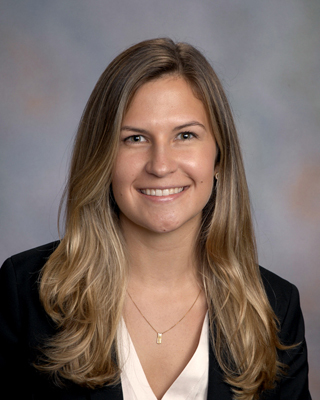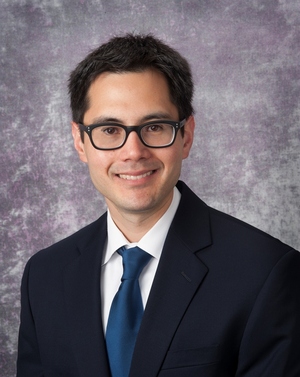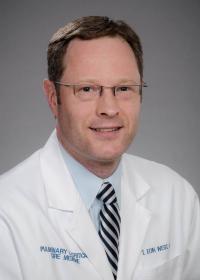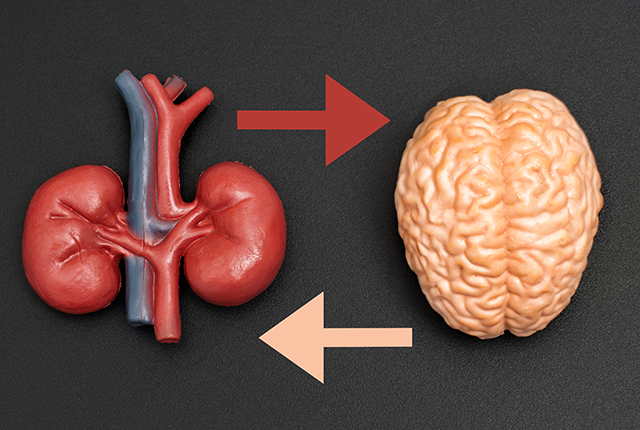Seattle researchers building ‘biobank’ of patients’ blood to unlock the mysteries of the new coronavirus
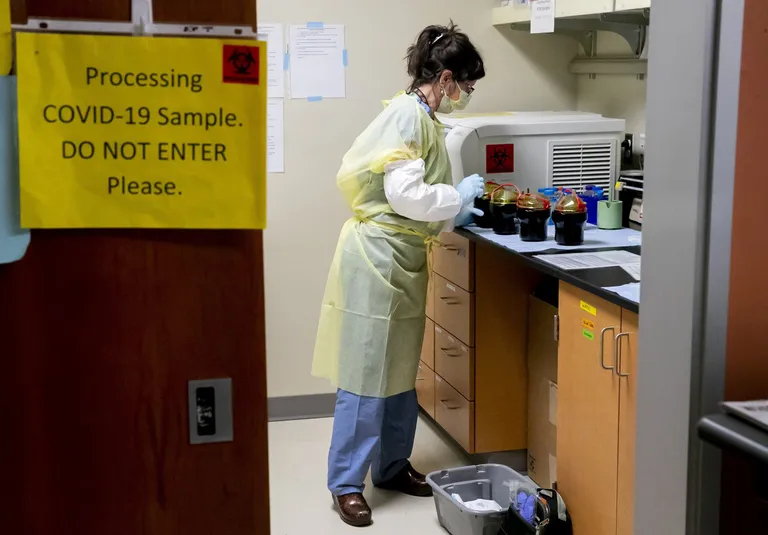
Blood and other biological specimens from COVID-19 patients treated in Seattle area hospitals are helping scientists build a massive “biobank” to examine the virus’s long-term impacts on the human body and why it affects some people more severely than others.
Disease doctors and researchers hope to use what they learn from the data to help figure out what drugs and therapies are most effective in treating those sick with COVID-19 and to aid other scientists in the quest to develop a vaccine against it.
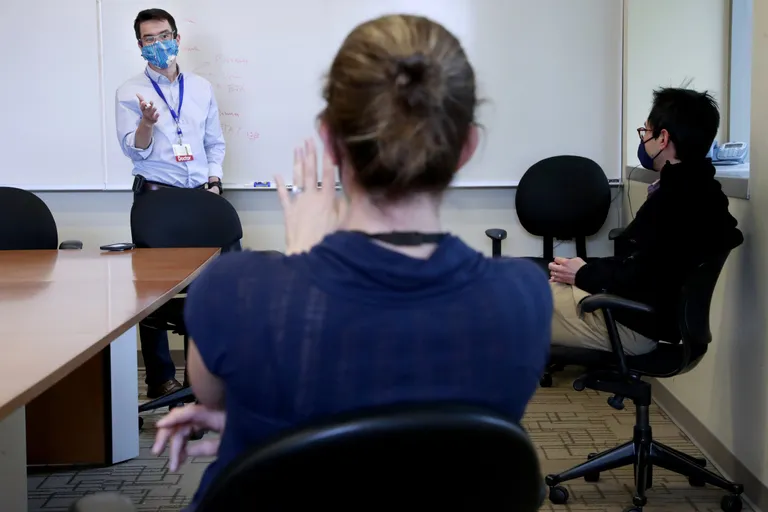
One of these studies, headed by UW Medicine, has enrolled 45 COVID-19 patients so far, with a primary focus on “the sickest of the sick” at Harborview Medical Center and two other intensive care units, said Dr. Mark Wurfel, a critical-care physician leading that research. The impacts of the disease on each patient are tracked from diagnosis through discharge, or in some unfortunate cases, death, he said.
“The hope is to understand as early as possible what’s different about a critical patient. What might indicate potential targets for therapy and maybe even help us to be able to identify those who are on the path to bad outcomes?” Wurfel said.
Researchers are sharing data among the studies to draw from a broader group of patients with differing ages, genders, racial and ethnic backgrounds and medical histories, and are collaborating with scientists around the country. The UW Medicine research, which is partly funded by the nonprofit CDC Foundation, is also part of a national consortium of groups collecting and pooling such COVID data, Wurfel added.



